1. What Should My Pet’s Ideal Diet Look Like?

Every pet has unique dietary needs, from high-energy pups to laid-back cats. Ask your vet about the best diet for your pet’s age, size, breed, and lifestyle. Find out if you should be feeding them dry food, wet food, raw diets, or a mix. A tailored diet can help prevent weight gain, digestive issues, and other long-term health problems.
2. How Often Should I Schedule Wellness Checkups?
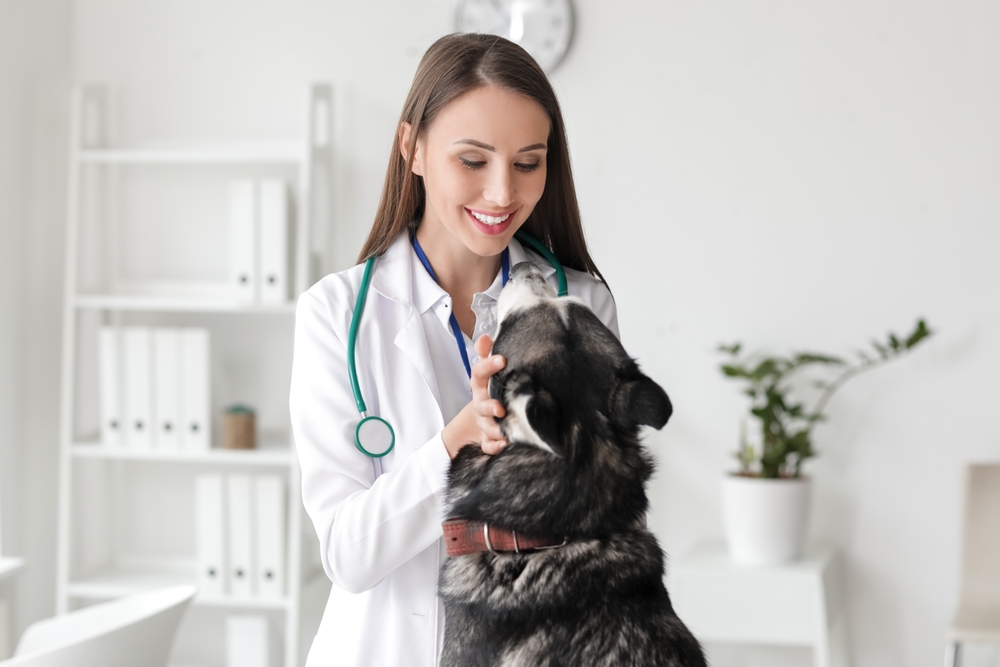
Regular checkups can catch health issues before they become serious. Your vet can recommend the best frequency for exams based on your pet’s breed, age, and any pre-existing conditions. These visits aren’t just about vaccines—they’re crucial for early detection of problems that might not be obvious at home.
3. What Vaccinations and Preventatives Does My Pet Need?
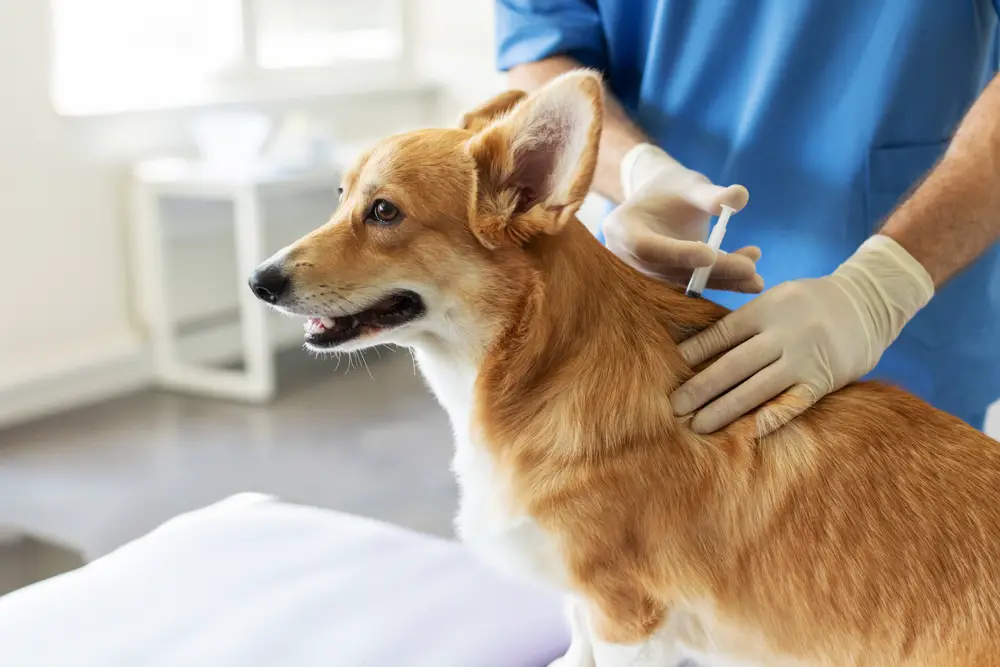
Vaccinations and preventatives are a key part of your pet’s overall well-being. Ask your vet which vaccines are essential based on your location and pet’s lifestyle. Inquire about flea, tick, and heartworm preventatives, too—keeping pests at bay will protect both your pet and your home.
4. Is My Pet at a Healthy Weight?

Maintaining a healthy weight is more than just looking good—it’s about long-term health. Being underweight or overweight can lead to a variety of health problems, from joint issues to heart disease. Your vet can help you determine your pet’s ideal weight and provide a plan to get there.
5. What Dental Care Should I Be Doing?

Oral health is often overlooked, but dental issues can lead to serious complications, including heart and kidney problems. Ask your vet how often you should be brushing your pet’s teeth, if dental chews or special diets are recommended, and what signs of dental disease to watch for.
6. What Signs of Pain or Discomfort Should I Watch For?

Pets are masters at hiding pain, so it’s crucial to know the subtle signs of discomfort. Your vet can point out behaviors or symptoms that might indicate something’s wrong—like changes in appetite, sleeping habits, or reluctance to play. Early detection can make all the difference.
7. Are There Any Breed-Specific Health Concerns I Should Know About?
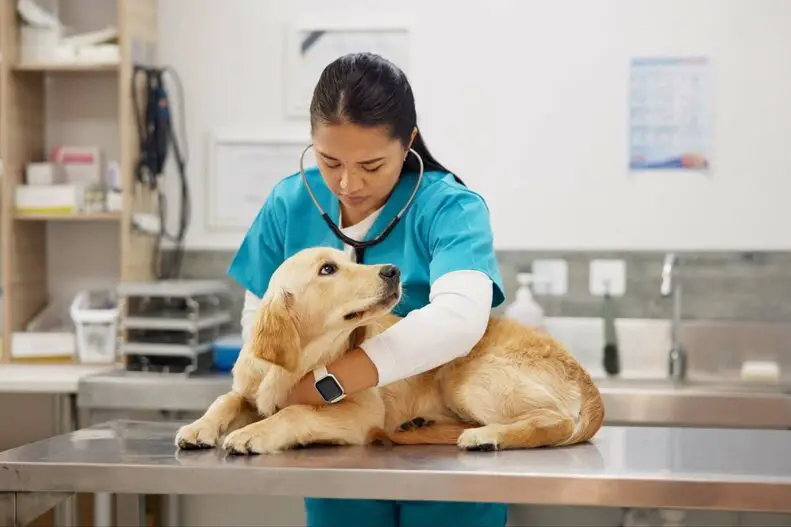
Certain breeds are prone to specific health problems, from hip dysplasia in large dogs to respiratory issues in short-nosed breeds. Discuss any breed-related risks with your vet and learn what you can do to monitor or prevent these conditions.
8. What Kind of Exercise Is Best for My Pet?

Exercise needs vary widely depending on breed, age, and energy levels. Find out if your pet requires daily long walks, high-energy play, or just light activity to stay fit. Your vet can guide you on the best types and amounts of exercise to keep your pet physically and mentally stimulated.
9. What’s the Best Way to Manage My Pet’s Anxiety or Stress?

Anxiety and stress are common in pets, whether it’s due to separation, loud noises, or new environments. Discuss with your vet any concerning behaviors like pacing, whining, or destructive chewing. They can recommend techniques or products, from calming treats to behavior modification strategies.
10. Are There Supplements or Vitamins My Pet Could Benefit From?

Supplements can play a role in supporting your pet’s health, especially for older animals or those with specific needs. Ask if your pet would benefit from joint supplements, probiotics, fish oils, or other vitamins to boost their overall well-being.
11. How Can I Improve My Pet’s Skin and Coat Health?
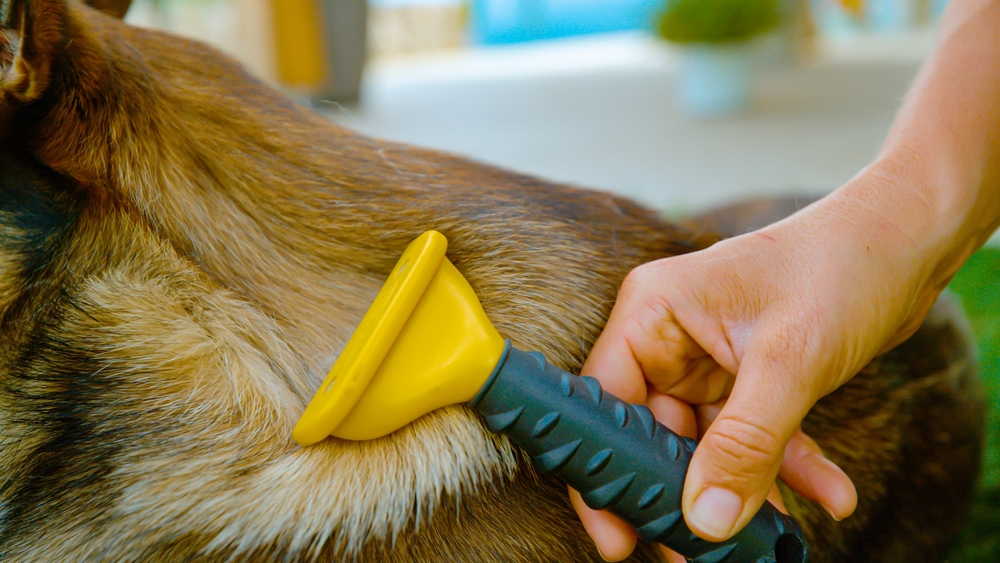
A shiny coat and healthy skin are signs of a happy pet. Discuss any recurring issues like dry skin, shedding, or allergies with your vet. They can recommend specific grooming routines, special diets, or supplements that can make a noticeable difference in your pet’s appearance and comfort.
12. What Should I Do If My Pet Shows a Sudden Change in Behavior?
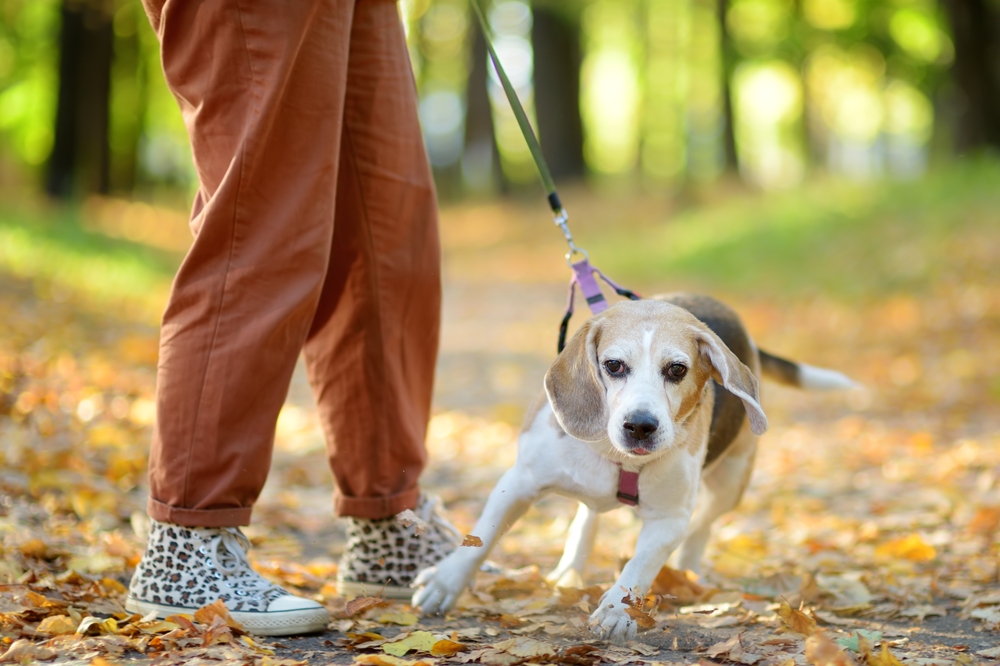
Sudden changes in behavior can be a sign of underlying health issues or environmental stress. Your vet can help you figure out if it’s something medical, behavioral, or just a phase. Knowing what’s normal and when to worry can help you address problems before they escalate.
13. What Emergency Signs Require Immediate Vet Attention?

Some symptoms just can’t wait. Make sure you know the emergency signs—like difficulty breathing, extreme lethargy, persistent vomiting, or sudden paralysis—that require immediate veterinary care. This information can make a critical difference in your pet’s well-being during a crisis.


